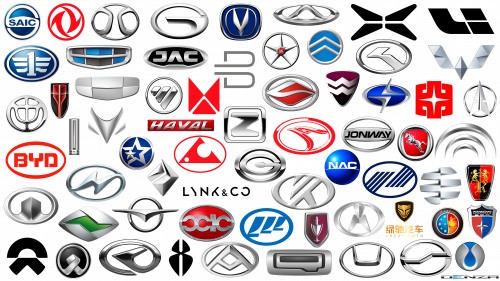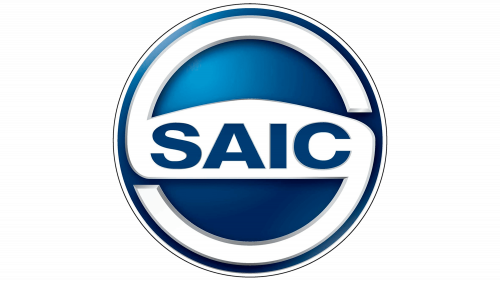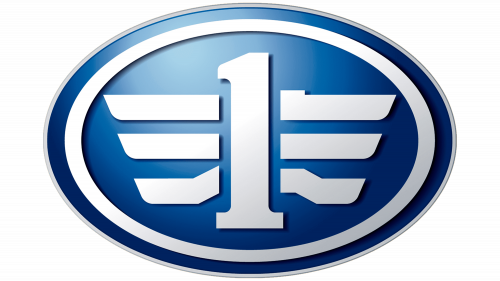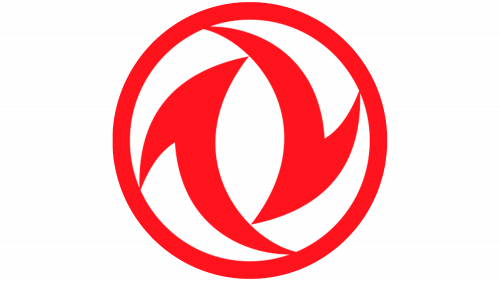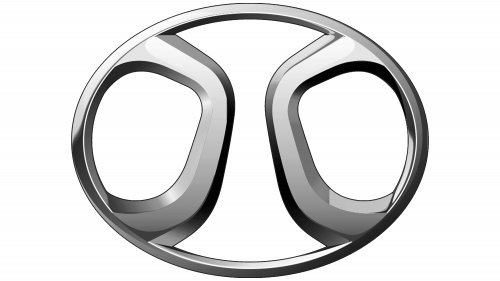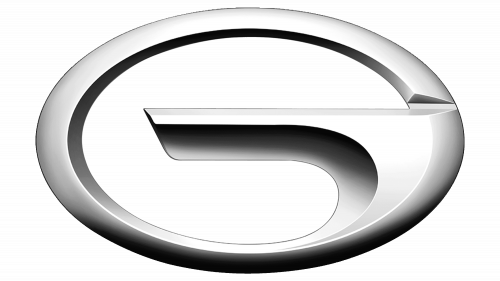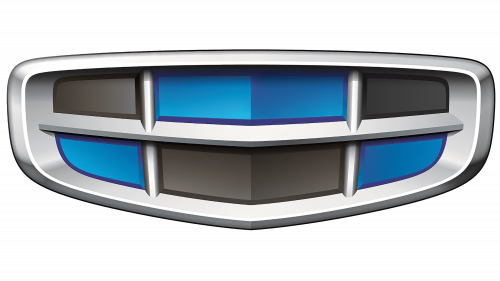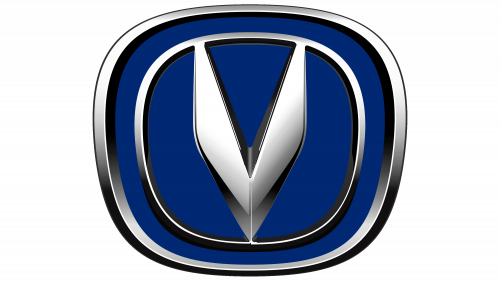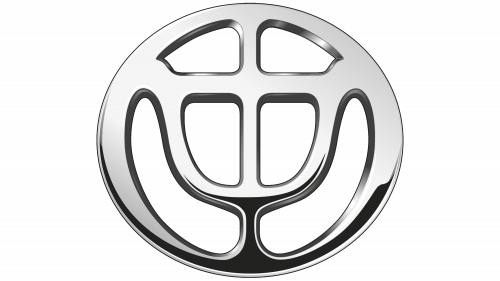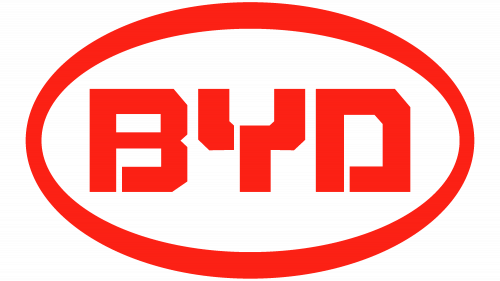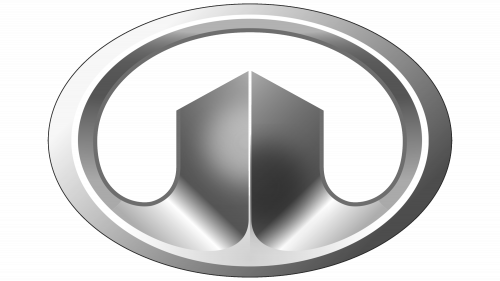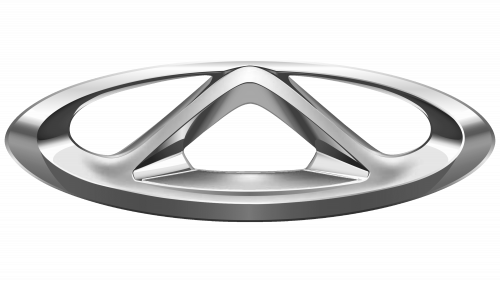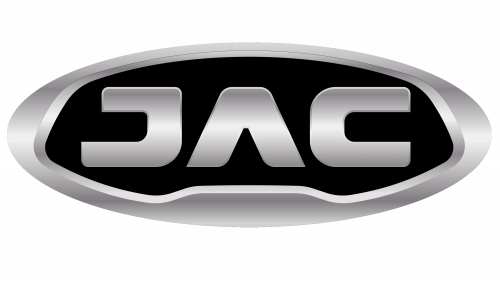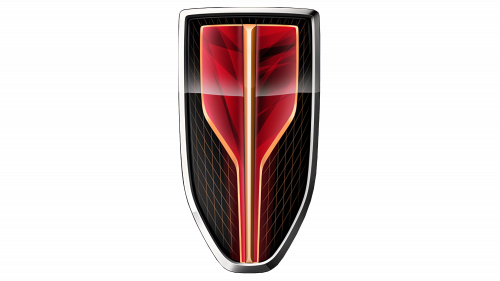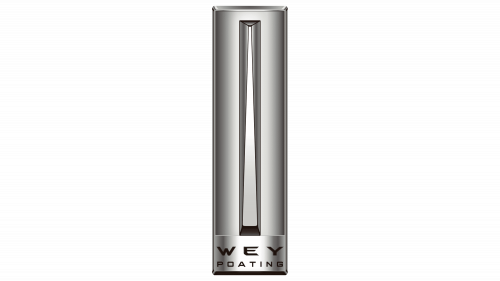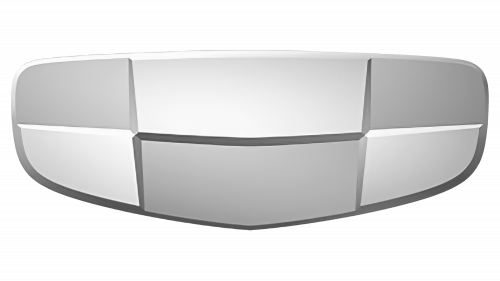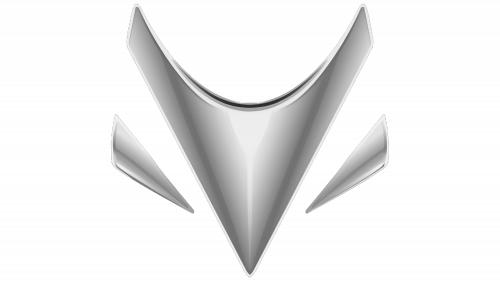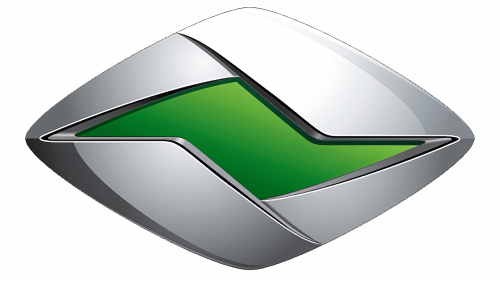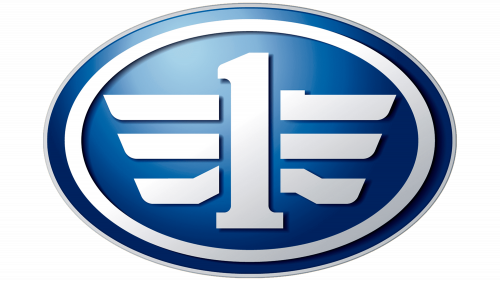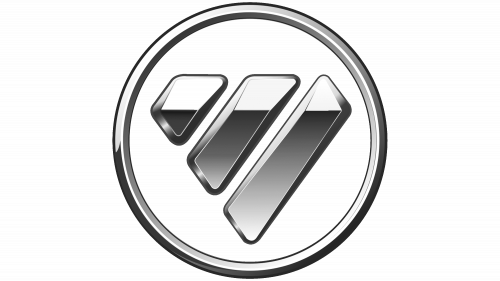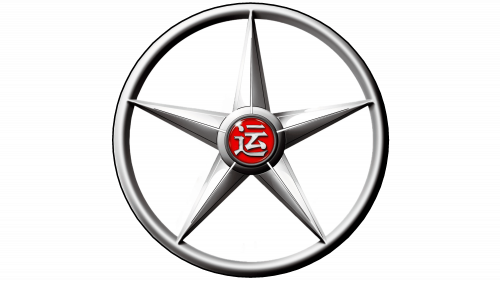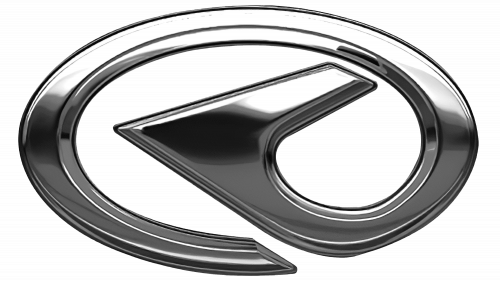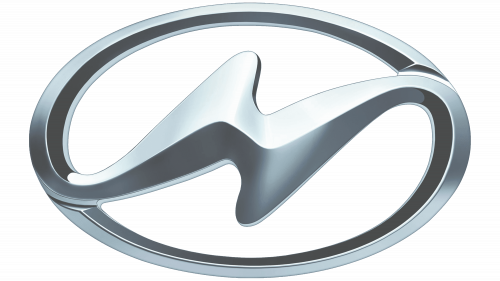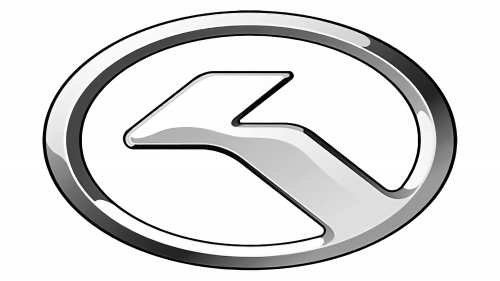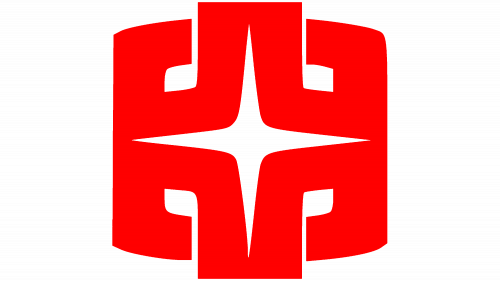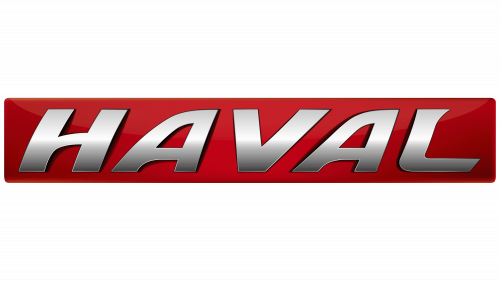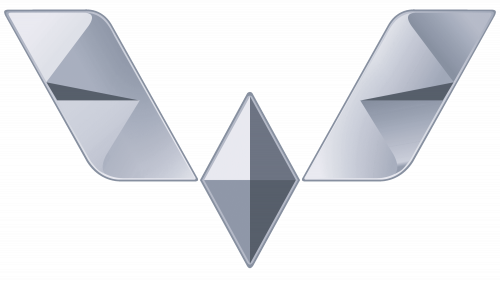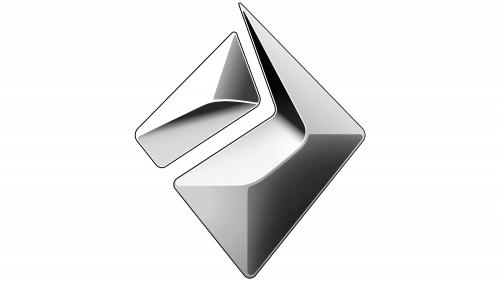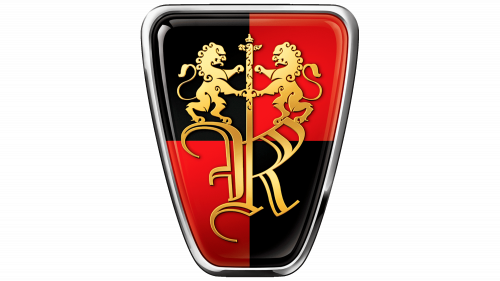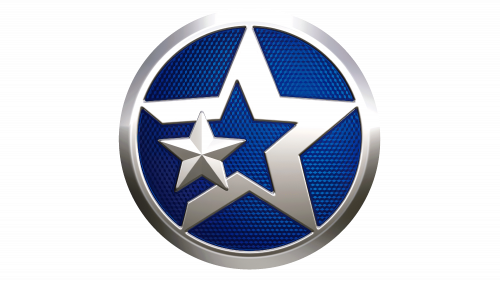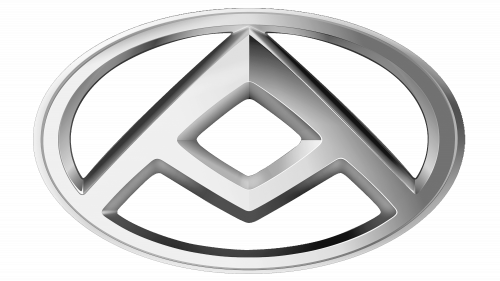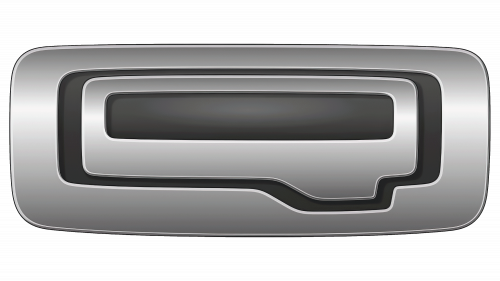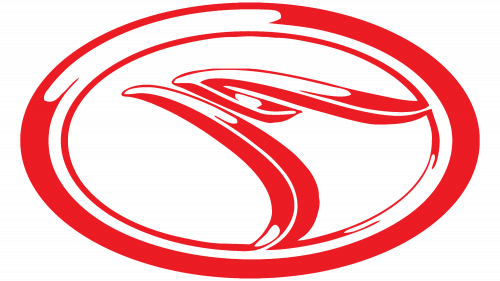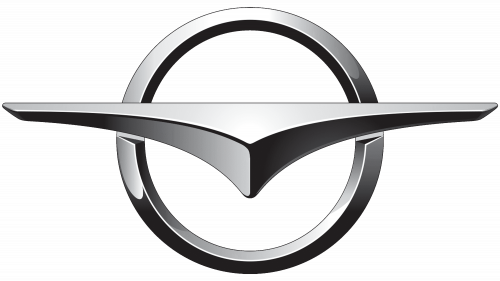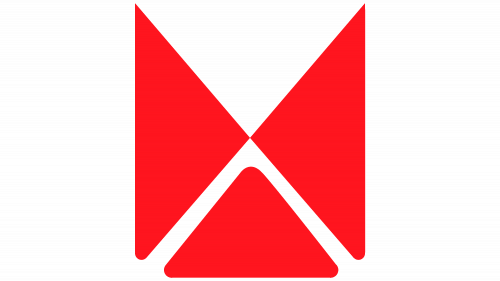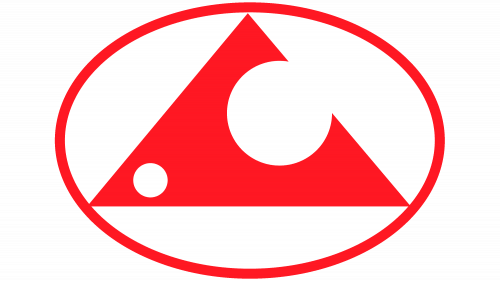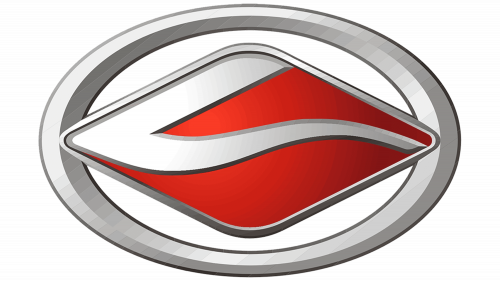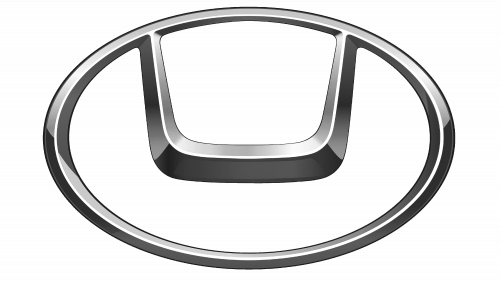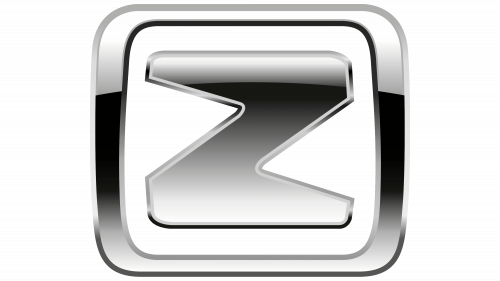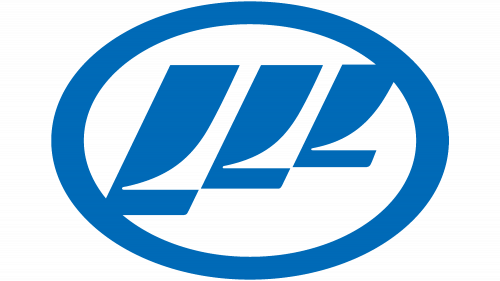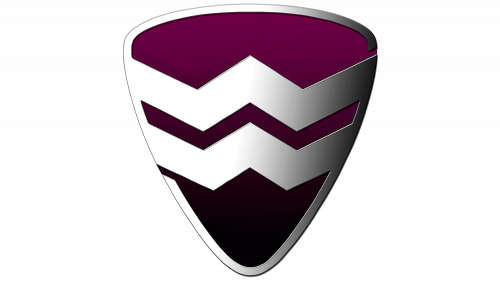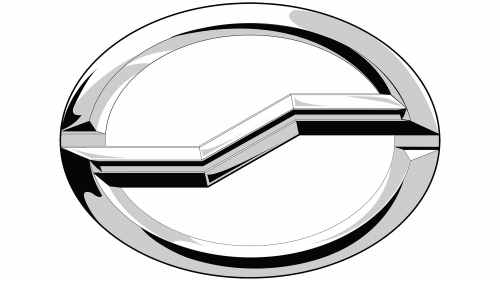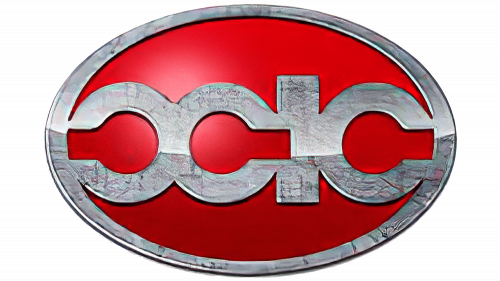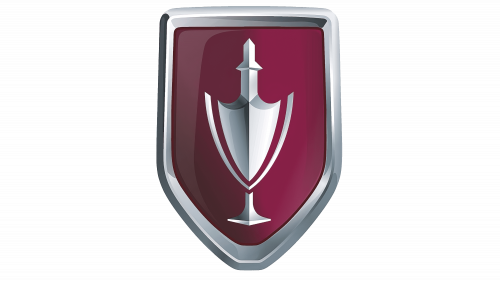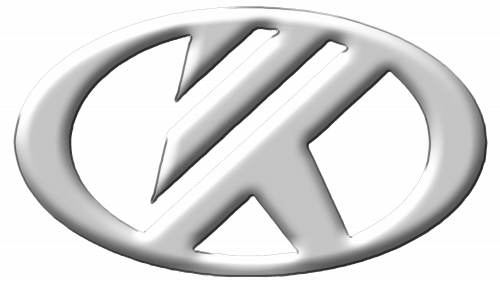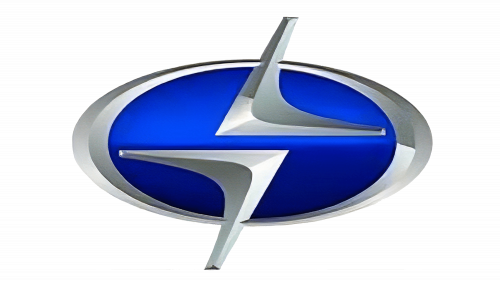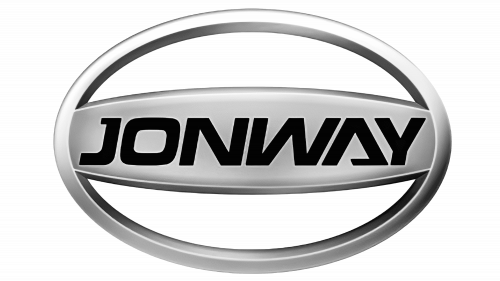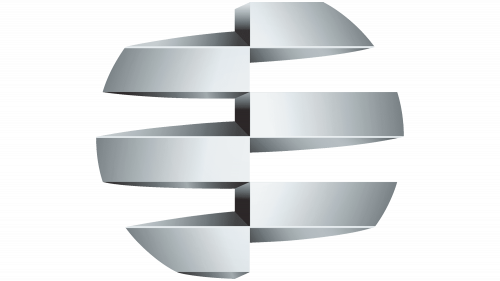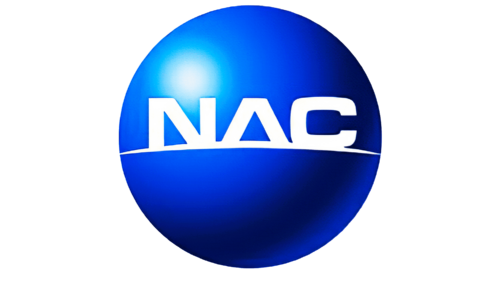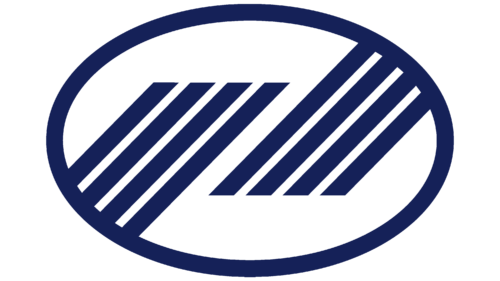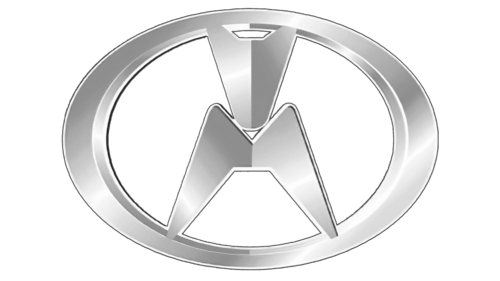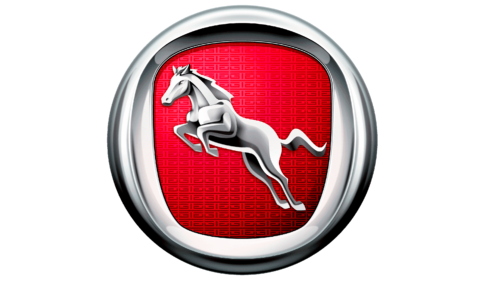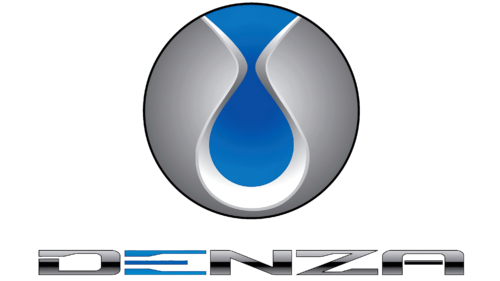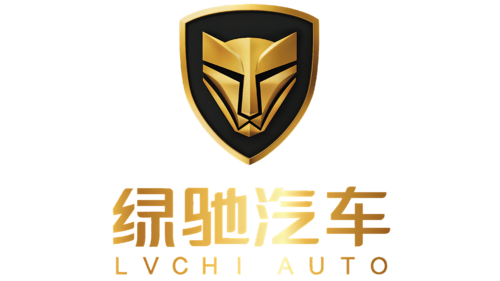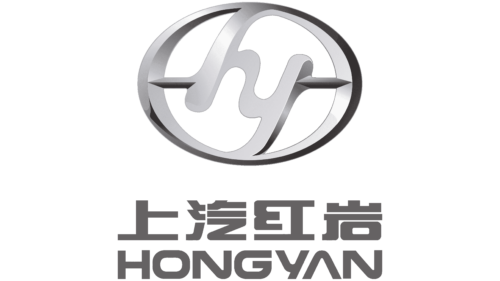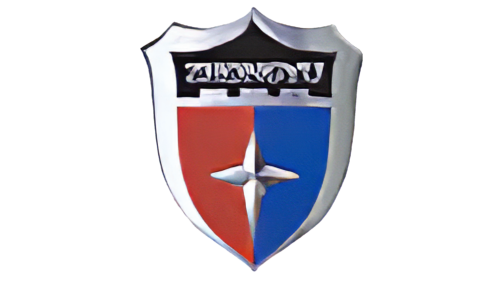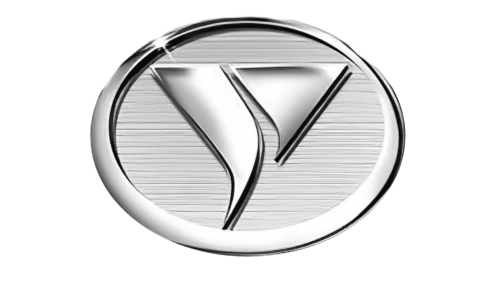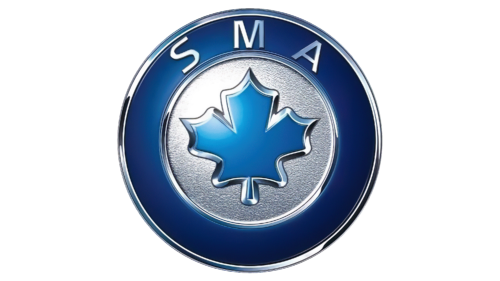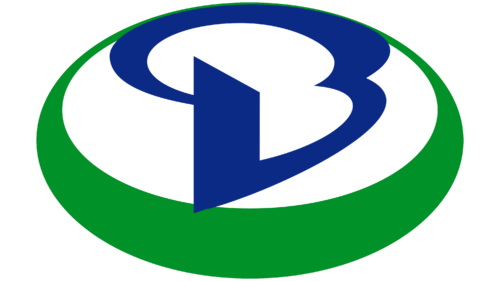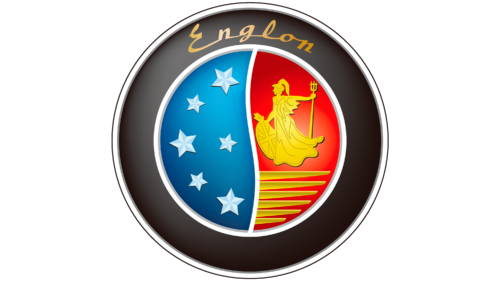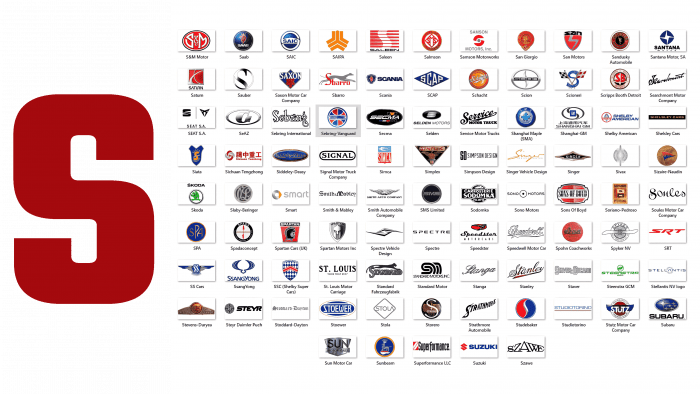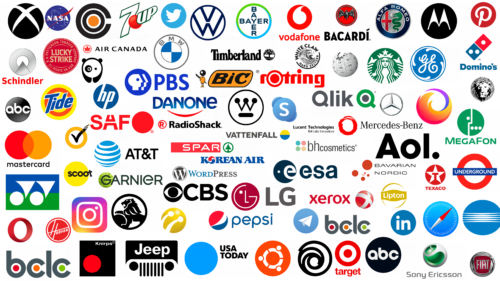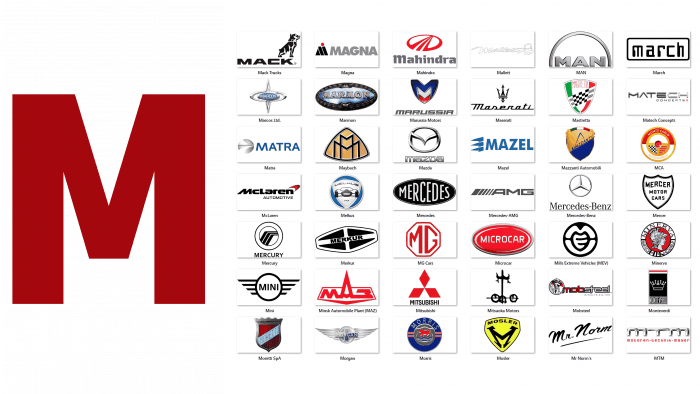The volume of automobile production in the People’s Republic of China grows yearly. Recently, China has overtaken Japan and the USA to become the world’s largest automobile market. About half of the cars are produced by local manufacturers: FAW, Roewe, Great Wall, Jianghuai, and others. The second half comprises cars produced in cooperation with foreign companies.
The history of the Chinese automobile industry began in 1931 when the first truck appeared in the arsenal of the ruler of Manchuria, Chang Xue-Liang. However, experts are more inclined to another date – June 15, 1953. Then, the First Automobile Plant was established, and copies of Soviet trucks were produced.
What are Chinese automobile brands?
Many Chinese automobile brands release more and more products to the market every day. Most of them belong to four large companies: Changan Automobile Group, SAIC Motor, Dongfeng Motor, and FAW Group.
In the late 1970s, the government thought the automobile industry was very promising. However, the domestic automobile market was underdeveloped because owning a car in the PRC was a crime. After 2000, residents of the country were allowed to purchase automobiles. Automobile companies gradually moved away from “banal copying” and developed their technologies and designs.
Chinese Car Manufacturers
Most of the brands in the Chinese car industry belong to the four largest automakers. First, Changan Automobile Group, a China South Industries Group subsidiary, produces weapons and military equipment. The so-called “big four” include FAW Group, Dongfeng Motor, and SAIC Motor. At the same time, independent enterprises such as Guangzhou Automobile Group, Beijing Automotive Group, or Geely operate in the PRC automobile market.
SAIC Motor
The predecessors of SAIC Motor Corporation were at the forefront of the Chinese automobile industry. This company was established in 1997 as a Shanghai Automotive Industry Corp (Group) subsidiary. Within a few years, SAIC became the largest state-owned automaker in China. It owns many joint ventures that produce components. The main vehicles produced are trucks, utility vehicles, sports cars, passenger cars, buses and SUVs. Recently, the model range has been replenished with electric cars.
FAW Group
The history of the Chinese automobile industry began with First Automobile Works, a pioneer followed by the rest of the automobile manufacturers. The FAW plant was opened in 1953 with the support of the Soviet Union. Five years later, it produced the first passenger car in the PRC—the Hongqi limousine. In late 1989, a sedan appeared under the same brand. Subsequently, the company built several more plants, increasing production capacity.
Now, the state corporation FAW Group is represented in 80 countries. It owns 27 subsidiary brands, under which a wide range of cars is produced. The first automobile plant had joint ventures with Mazda, Ford, Toyota, and other well-known firms.
Dongfeng Motor
Dongfeng, which means “East Wind,” is based in Wuhan and is owned by the state-owned SASAC. The main range of products is passenger cars and commercial vehicles, including trucks, medium-duty chassis, and dump trucks. The plant was opened in 1969, but the first Dongfeng automobile appeared six years later.
BAIC Group
One of the largest Chinese car manufacturers is the Beijing Automotive Group holding company, which owns hundreds of brands. It is known internationally as BAIC Group and is owned by the Beijing Municipal Government. The main subsidiaries of the holding are Foton Motor (agricultural machinery, buses, trucks), BAW (SUVs and military vehicles), and BAIC Motor (passenger cars).
The state-owned holding company BAIC Group, which the Beijing government controls, has several business units. One of them is BAIC Motor, which produces passenger cars. Established in 2010, it has acquired many subsidiaries and has owned a large stake in Mercedes-Benz Leasing since 2015.
GAC Group
Guangzhou Automobile Group, or GAC Group, produces foreign-made cars for sale in the PRC domestic market. It cooperates with Toyota, Mitsubishi, Isuzu, Honda and Fiat. In addition to joint ventures, it has several subsidiaries that manufacture cars under its brands. The best-known are the Aion electric crossovers and sedans, Gonow SUVs, and commercial vehicles.
Geely
Geely Automobile Holdings Limited has undergone many rebrandings and has been renamed several times. According to official documents, it came into existence in 1986. At that time, the scope of its activities was far from the automotive industry. For three years, the company produced refrigerators until it was required to have a license.
However, the plant owner had to spend several years obtaining a license to produce scooters and motorcycles. The first two-wheeled vehicles appeared in 1992. At first, they were copies of Honda, but then Geely moved on to develop its products. The Chinese company’s debut car went on sale in 1998.
Changan
The Changan company’s history dates back to 1862 when a gun factory was founded. It became a state-owned company in the mid-20th century, after which it produced its first mass-produced car. It owns several brands, including Chana (commercial vehicles) and Changan (passenger cars). In 2020, an electric car under the Oushang brand will be added to the lineup. The parent company’s name translates to “Time-tested Reliability.”
Brilliance
Brilliance Auto Group’s parent company is Huachen Automotive Group Holdings Co. Ltd., which has existed since 1992. The company produces vans and passenger cars, about 70% of its production being economy sedans. Mianyang (engine production) and Shenyang (car production) are the main production bases. Brilliance owns four major subsidiaries, about a hundred brands, and two research centers.
BYD
BYD Auto is a subsidiary brand of BYD Co., Ltd. Their common three-letter name stands for Build Your Dreams. The parent company was founded in 1995 and has long been involved in producing cell phone batteries. In 2002, it acquired the bankrupt Tsinchuan Automobile Co Ltd to get a license to produce passenger cars. Thus began the story of BYD Auto, known for its gasoline, electric, and hybrid vehicles. The lineup includes SUVs, sedans, minivans, hatchbacks, buses, and trucks.
Great Wall
Great Wall Motor is one of the largest car manufacturers in the PRC. This company has been on the market since 1984 and specializes mainly in producing pickup trucks and SUVs. Recently, passenger cars, including limousines, trailers, minivans, minibusses, and crossovers, have been added to its range. All vehicles are produced under four brand names: GWM PICKUP, ORA, WEY, and HAVAL.
Great Wall Motor Holding is headquartered in Baoding County. The chairman of the board of directors is Wei Jianjun, and the general manager is businesswoman Wang Fengying.
Chery
Chery is an automobile company founded with the support of Wuhu City Hall. In 1997, it purchased Ford industrial equipment with investors’ money and started producing cars two years later. Chery owns the first Chinese automobile plant built outside the PRC. At the same time, the company exports its products to several dozen countries, justifying the symbolic name, which translates as “Blessing from above.”
JAC
JAC Motors buses and cars are popular in China and abroad. The state-owned company’s full name is Anhui Jianghuai Automobile Co, Ltd. It is one of the largest automakers in the PRC in terms of production volume. The company’s product range includes passenger vehicles, forklifts, dump trucks, SUVs, and passenger cars. Well-equipped plants allow JAC to produce up to 500,000 vehicles per year.
Chinese Luxury Car Brand
China has always been associated with consumer goods and has many luxury brands. This also applies to automotive products: the share of the PRC’s luxury segment in the automotive industry is growing yearly. Moreover, world-famous foreign companies and local enterprises are involved in its development. While the former assemble luxury cars at joint factories, the latter control the entire production process and use their industrial sites.
Hongqi
Once upon a time, China’s high-ranking party officials drove only Hongqi cars. This transportation was designed specifically for the local elite and foreign officials. The original models were created from 1958 to 1981. By the way, Hongqi was the first passenger car in China. After a 14-year lull, the company returned to the production of cars, but this time, it was based on the Lincoln Town Car and Audi 100 models. The FAW Group owns the brand and continues leading the luxury car market.
WEY
Great Wall Motors Company Limited produces premium SUVs under the WEY brand. The first models were introduced in 2017: the VV5, based on the Haval H6 crossover platform, and the VV7, based on the second-generation Haval H6. Both cars are only available in the country’s domestic market. WEY also has a few concept cars. One of the latest is the Mocha flagship SUV, which has an avant-garde design, smart driving features, and personal butler services.
Lynk & Co
Lynk & Co cars are hybrids of Volvo and Geely. They are a Chinese-Swedish brand created in Sweden using Volvo technology and owned by Geely Automobile Holdings Ltd., headquartered in Hangzhou. The lineup includes SUVs, sedans, and even electric scooters.
Chinese Electric Vehicle (EV) Maker
The electric vehicle market in China is growing rapidly. New companies are taking over and increasing their capacity and sales. We are talking about both large existing manufacturers and small enterprises with a limited series of cars. They are trying to compete with Tesla and BMW, so they contribute to the development of the global industry.
NIO
NIO is often called “China’s Tesla” because it doesn’t copy other people’s ideas but develops its own. It specializes in the design and development of electrically powered vehicles. Its most famous technology is NIO Pilot, a state-of-the-art self-driving system. The automaker also owns the revolutionary concept of Battery as a Service, which has attracted worldwide attention.
XPeng
Xiaopeng Motors, better known as XPeng, produces intelligent electric vehicles. It specializes in sports sedans (P7 model) and SUVs (G3 line), producing mid- to high-price cars. XPeng’s main focuses are autonomous driving technology, environmental friendliness, and safety.
Li Auto
Li Auto manufactures hybrid cars that run on two energy sources simultaneously: electricity and gasoline. The company’s second name is Li Xiang, and it is also the name of its creator, who opened his business in 2015. The company is headquartered in Beijing, and the main production sites are in Changzhou.
Geometry
In the Chinese automotive market, the Geometry brand is known as Jihe. It is one of Geely’s ambitious projects, launched in 2019. The brand presents cars that run on electricity. It plans to launch at least ten electric car models by 2025. It currently has one sedan and one crossover based on Geely cars. They are intended for domestic sales.
Byton
Engineering company Byton, which was called Future Mobility until 2017, was established in 2016 by three companies: Harmony New Energy Auto, Hon Hai Precision Industry Co., Ltd., and Tencent Holdings Ltd. It defines its place in the market as a manufacturer of premium electric vehicles. The automotive startup’s immediate plans include launching three passenger car models by 2022.
Arcfox
Arcfox is one of Beijing Automotive Industry Holding’s many brands. It was launched in 2017 when the company decided to realize its ambitions in electric cars. The first Arcfox vehicle was the Lite electric-powered microcar, a premium model initially developed for BJEV. The GT supercar followed it.
Zinoro
Like all BMW Brilliance subsidiaries, Zinoro is owned by two companies: Chinese Brilliance Auto Group and German Bayerische Motoren Werke AG. The brand offers luxury electric vehicles, including 1E crossovers and 60H hybrid cars. The first model appeared in 2013, at the same time as the launch with Zinoro. It was developed based on the BMW X1.
Singulato
Zhiche Youxing Technology, part of Chi Che-hung Technology, owns the Singulato brand. Singulato’s products embody the automaker’s main goal of creating cars that run on electric power and are equipped with intelligent systems. The company is investing in new technologies to stay ahead of the competition in everything.
Ranz
2013 First Automobile Works and Toyota Motor Company launched the Ranz sub-brand as part of the FAW Toyota joint venture. Its name means “Bright Life” in Chinese, which is symbolic as it aims to make electric cars available to all customers. The first concept car was unveiled the same year the brand was launched.
Truck Brands (Medium, Heavy-duty)
Chinese companies produce heavy and medium-duty trucks in addition to passenger cars. These are specialized machines with good resources and optimal build quality. Most manufacturers are local enterprises, and some produce trucks only for the automobile market of mainland China.
FAW Jiefang
FAW Jiefang’s predecessor is FAW Car Co., Ltd., which opened in 1953. Three years later, the company’s first car—a truck created using Soviet Union technologies —appeared. Now, the company has a whole truck division known as Qingdao. At the same time, FAW Jiefang Automotive Company, Ltd. is a subsidiary of FAW Group.
Foton
The full name of the Foton brand sounds like Beiqi Foton Motor Co., Ltd. It received this name in 1996 when it entered the PRC automobile market. Its parent company is BAIC Group, a holding company with a long history. Foton is a BAIC division that produces agricultural machinery, buses, and trucks.
Dayun
The name of Dayun Conglomerate means “Great Canal.” This group of companies has existed since 1987 and has a wide range of activities, including producing automobiles, motors, and motorcycles. A separate division was created to produce trucks: Chengdu Dayun Automotive Group Co., Ltd. It has existed since 2009 and is represented on the market by two vehicle models: Chuanlu and QiYun.
BeiBen
BeiBen is a brand of NORINCO Defense Corporation. It began when it received a license for the production of Mercedes-Benz trucks. At first, this business was known as North Benz, but it was renamed BeiBen. The company has opened production lines worldwide, including in China, Pakistan, Ethiopia, South Africa, and other countries.
Hualing Xingma
Hualing Xingma trucks are known only in China because they are sold abroad under the CAMC brand. This company’s predecessor started with the production of construction materials and then reoriented production to the production of mixer and cement trucks. Anhui Xingma Automobile was registered in 1999. It opened up a new line of business—the production of heavy-duty vehicles. However, before that, it had to cooperate with Mitsubishi Fuso Corporation. Now, the trademark belongs to Geely New Energy.
Buses, Coaches
About half of all buses sold worldwide are built in China. Chinese manufacturers lead this sector, with over a hundred major bus manufacturers alone. But it is worth highlighting the “main players”—those brands ahead of the competition in terms of sales and the number of vehicles produced. These include Yutong, King Long, Golden Dragon, and other brands.
Higer
Higer buses are supplied to several dozen countries, and the company adapts them to individual operating conditions. This brand’s passenger transport runs on the roads of America, Europe, the Middle East, Africa, Southeast Asia, and other regions. After all, Higer is the second largest manufacturer of tourist and city buses on the international market. It appeared in 1998 but has surpassed its competitors in terms of sales. Three hundred models in the 50 series are in demand in China and abroad.
Yutong
Yutong is a well-known Chinese manufacturer of buses powered by gasoline engines or electric drives. The model range includes urban and tourist transport for routes with different passenger traffic. It includes small, medium, and large class models, such as ZK-6737D, ZK-6831H, and ZK-6129H. Buses are used components of other companies: Hino, Nissan, Allison, Eaton, or Cummins.
King Long
King Long is the pinnacle of the Chinese automobile industry. In addition to tourist, school, transport, and city buses, the company produces various vans: postal, police, fire, and commercial. The model range also includes minibusses and ambulances. By Chinese standards, King Long is considered quite an old brand: it entered the market in 1988.
Golden Dragon
Golden Dragon is a brand of Xiamen Golden Dragon Bus company, founded in 1992. This automaker is owned by King Long, whose name also translates from Chinese as “Golden Dragon.” The brand is known worldwide as a developer of buses and coaches, minibusses, special vehicles, and minibusses – service areas – in 40 countries, including the European market.
Zhongtong
Zhongtong has been based in the city of Liaocheng since its inception. It came into existence in 1951 when a factory was built to manufacture and repair cars. In 1971, it changed its specialization, moving to the production of buses. These vehicles are available in a wide range of products. The lineup includes hybrid electric buses and light, city, road, and luxury models of various capacities.
List of Car Brands
Modern Chinese cars withstand competition since their assembly is often controlled by well-known foreign companies supplying their components. However, on the world market, many cars of exclusively Chinese origin are created by PRC enterprises without outside interference. This transport is also trustworthy because recently local manufacturers have begun to pay attention to new technologies and impressive basic equipment.
Haval
Haval is a Chinese brand of SUVs and crossovers. It was registered in 2013 by the Great Wall Motor Concern. Haval is one of GWM’s divisions, producing expensive and comfortable cars. Its name comes from the English phrase “I Have All.” This brand’s cars are divided into two series: Blue and Red. In the first series, there are sports cars, and in the second, there are classic models.
Wuling
Wuling Motors is the flagship brand of Liuzhou Wuling Automobile Industry Co, Ltd. Wuling minibusses appeared on the automobile market in 1982. They were produced by Liuzhou Automotive Industry Corporation, which soon received permission to assemble Mitsubishi Minicab and moved on to the development of minivans. In 2002, SAIC-GM-Wuling was established. General Motors and SAIC Motor own it in equal shares, so both companies have the right to the Wuling brand.
Baojun
In 2010, two Chinese companies, Wuling Automobile Company Limited and SAIC Motor Corporation, merged with American General Motors, resulting in the Baojun brand. They established the SAIC-GM-Wuling Automobile concern to create the brand. Baojun entered the market with a simple and affordable sedan in a familiar format. Seven years later, he opened a new direction: miniature electric cars. The manufacturer’s name translates to “Precious Horse,” which hints at the cars’ greater speed and increased cost.
Roewe
SAIC Motor Company owns the Roewe brand. The Chinese manufacturer created it in 2006 after failing to buy the rights to the British Rover brand. Instead, SAIC acquired Rover 25 and Rover 75 technology, which it used to develop its cars. Roewe can be deciphered as “Glorious Power,” although the parent company claims the name comes from the German word Loewe and translates to “Lion.”
Venucia
Venucia’s Renault City K-ZE-based electric cars, sedans, crossovers, and SUVs are designed specifically for the PRC domestic market and engineered by Venucia’s design center since 2016. The brand was originally owned by Dongfeng Nissan but later became part of Dongfeng Motor Co., Ltd. In 2020, the company’s management announced plans to merge Venucia with Dongfeng Nissan.
Maxus
The Maxus brand is sometimes called Datong, as it reads the characters that make up its Chinese name. It was created from the disbanded LDV Group from the UK when SAIC Motor Corporation Limited acquired the rights to LDV. The first Maxus cars were inspired by a light commercial vehicle previously produced under the LDV Maxus brand.
Qoros
Shanghai Qoros Auto Co., Ltd. carries out a full cycle of production of passenger cars under the Qoros brand. Until 2011, it was called Chery Quantum Automotive Corporation, as it was created by the Chinese automaker Chery with the support of the largest Israeli-holding Israel Corporation. The first Qoros production car went on sale in 2013.
Soueast
Soueast is the trading name of South East (Fujian) Motor Co, Ltd. Half of its shares are owned by Fujian Motors Group. The remaining half is equally divided between Mitsubishi Motors and China Motor Corporation. Southeast was founded by the two Chinese companies in 1995, with the Japanese automaker joining 11 years later. The current president of the company is Tzu-Sheng Zuo.
Haima
Haima was formerly known as Hainan Mazda Motor Co, Ltd. The Hainan provincial and Mazda governments established the company to produce and sell cars from famous Japanese corporations in the Chinese auto market. The rebranding occurred after the FAW Group acquired the entire stake in Mazda. The new owner took up constructing Haima plants in the PRC and abroad.
JMC
JMC’s predecessor was the light truck division of Jiangling Motors Corporation Group Co, Ltd. JMCG Holding, in turn, was formed based on the repair plant Nanchang Motors. The official year of the automobile brand’s creation was 1993 when it received a new legal status—a limited liability company.
Changfeng
The PRC’s armed forces established GAC Changfeng Motor Company. From 1950 to 1996, it was a People’s Liberation Army subsidiary based at plant No. 7319. During this time, Changfeng managed to be both a repair shop and a manufacturer of military off-road vehicles. The turning point in the history of the company was 1995. Then, the first analog of the Mitsubishi Pajero pickup truck came off the assembly line. The brand received its current name in 2009 when it became clear that it would be transferred to the ownership of GAC Group.
Landwind
Jiangling Motor Holding owns the Landwind brand, although it was originally a JMCG project to reduce dependence on Isuzu and Ford. As far as is known, Ford opposed the decision. As a result, JMH relaunched the brand in 2004. The brand’s lineup includes SUVs, crossovers, minivans, and sedans.
Hawtai
Like many other Chinese companies, Hawtai started by producing licensed cars of a foreign brand—in its case, Hyundai. The company was created for this purpose in 2000, and three years later, the first Terracan SUV was introduced. It was followed by copies of one crossover and two buses. In 2010, Hawtai decided to develop something of its own and released the B11 sedan. The chosen course uses Hyundai technology and positions itself as an environmentally friendly brand of cars with diesel engines.
Gonow
Zhejiang Gonow Auto Co., Ltd. has two equal brands, Gonow for overseas markets and GAC Gonow for vehicle sales in the PRC. The company released its first pickup truck in 2004 and immediately began exporting to Europe and Africa. Later, the model range was supplemented with SUVs, minivans, minibusses, and military vehicles.
Zotye
The Zotye brand belongs to the Zotye Holding group of companies and has existed since 2005. Previously, the company was engaged in producing spare parts, but after reorganization, it began producing cars. The most popular series of this brand are E (electric cars), Z (hatchbacks, sedans), T (crossovers, SUVs), and V10 (minibusses). The main sales markets are China and Vietnam.
Lifan
Yin Minshan, the founder of Lifan, was once a master of repairing motorcycles and then decided to produce them. Over time, he expanded the range of vehicles to include ATVs, scooters, buses, and cars. The company received its current name in 1997. Translated from Chinese, it means “to sail at full throttle.” Lifan was declared bankrupt in 2020 after only 23 years of existence.
Hafei
Hafei began as a division of an aircraft manufacturing company in 1994 and immediately began producing cars. A small car, Daewoo Tico, and a Zhongyi minivan appeared two years later. Hafei quickly developed and became the association’s center, which included dozens of factories and workshops. Since 2010, the company has belonged to Changan Automobile, a leader in the production of passenger cars.
ZX Auto
The automaker Hebei Zhongxing Automobile is better known by its abbreviated name, ZX Auto. Its factories, located in China, produce pickups and SUVs. Some cars are assembled abroad from ready-made spare parts kits. The company is a joint venture between Hebei Tianye Automobile Group and Taiwan Unite Leading.
XinKai
The XinKai plant was built in 1984 and, until the 1990s, mainly dealt with military vehicles. In 1999, its owners rebranded it, including foreign investors and a Hong Kong firm. As a result, the company became known as XinKai (translated as “New Victory”), and many civilian vehicles appeared in its lineup. By this time, it had acquired its product line and received the status of a corporation.
Jinbei
Renault owns half of the Jinbei brand, and about the same amount is owned by Brilliance Auto. They became its owners 2017 by buying the brand’s parent company, Shenyang Brilliance Jinbei Automotive. Before that, the company, founded in 1991, had changed hands. In the early years, Jinbei’s factories produced cars based on Toyota technology.
Kingstar
Kingstar Vehicle Company Limited manufactures electric cars, pickup trucks, SUVs, minivans, buses, and vans. The company has existed since 2004 and is focused on exporting vehicles to other countries. The company’s assembly lines are located in China and abroad, where Kingstar supplies kits. Technical modification of vehicles is allowed at customers’ request.
Jiangnan
Hunan Jiangnan Automobile Manufacturing Company was founded in 1952. After 36 years, it began producing passenger cars. The first in this line was a miniature model, JHN 710. By 2012, more than 117 thousand cars had come off Jiangnan’s assembly lines, allowing it to enter the top 40 most productive enterprises in the automotive industry. Since 2016, the brand has been owned by Zotye Auto.
Jonway
Jonway Automobile is a division of Jonway Group and is 51% owned by the American automaker ZAP. The first cars of this brand were unlicensed copies of the Toyota RAV4 (XA20). Now, the model range includes two crossovers and one compact MPV. In addition, Jonway has a subsidiary: Carrozzeria Viotti. It specializes in sports and hybrid cars.
Everus
Li Nian, or Everus, is part of Guangqi Honda Automobile Co, Ltd. It produces vehicles based on Honda technology. For example, the S1 model results from a rebranding of the fourth-generation Honda City. The VE-1 subcompact SUV runs on electricity based on the Honda Vezel crossover concept.
Nanjing Automobile Corporation
Nanjing Automobile Corporation has a long history dating back to the early era of Chinese automobile manufacturing. It began in 1947 when the People’s Liberation Army captured Nanjing, where there was an automobile workshop. Nanjing Automobile began producing the PRC’s first light-duty trucks based on this workshop.
Then, the manufacturer obtained the rights to use foreign technologies and expanded the model range at the expense of this. Over time, it opened new plants, created joint ventures with foreign companies, and acquired several brands (Yuejin, MG, Soyat).
Yuejin
Yuejin Motor Group is one of the largest automobile enterprises in the PRC. In the past, it was called Nanjing Auto Works. It is the parent company of Nanjing Fiat, Nanjing Iveco, and Nanjing Yuejin, the corporation’s main production bases. The group produces thousands of vehicles annually and is known under various brands at home and abroad.
Yema
The Chinese brand of cars and buses, Yema, has existed since 2002. It belongs to Sichuan Yema Automobile Co., Ltd., founded in the 1980s but started producing cars in 1994. More recently, the company and its brands acquired the privately held Levdeo Corporation. Since then, gasoline-powered Yema cars began to acquire electric counterparts – more than 40 variants in total.
Hanteng Autos
The official name of this automaker is Jiangxi Hanteng Automobile Co, Ltd. It was founded in 2013 and started building its factory in Shangrao, Jiangxi Province. Now, it is a large private enterprise with three subsidiaries and a lineup of vehicles of its design. The brand’s key specialization is research and practical application of the latest technologies for fuel-efficient and “green” cars and producing spare parts.
Denza
Denza is a Chinese brand named Shenzhen BYD Daimler New Technology Co, Ltd. It entered the domestic market in 2010 and is a joint venture between BYD and Daimler AG. They own the factory in equal shares. The brand is headquartered in Shenzhen, and the lineup consists of just one electric car model. The car was first presented in 2012 in Beijing at the Auto China exhibition. Its production began at the end of 2014. The name of the brand comes from the word “Tenshi,” which means “increasing force and momentum” or “wind energy” in Chinese.
LvChi Auto
This young brand was founded in China in 2016 and is headquartered in Shanghai. The design divisions are in Italy, and its factory is in Changchun, Jilin province. Its production capacity is expected to reach 550,000 cars per year in 2023. The brand’s name is symbolic and associated with the Chinese word “lüchi,” meaning “green wagon.” The new Chinese company specializes in the production of electric cars and has already presented several conceptual models – Venere and Urano – at the world’s famous auto shows. The latter will turn into production cars of different classes and types: luxury, MPV, sedan, SUV, and mini-car.
SAIC Iveco Hongyan
The SAIC Iveco Hongyan brand appeared on the Chinese automobile market in 2003 and traces its origins back to a company formed in 1965. It is a joint venture owned by SAIC Corporation, Italian company Iveco, and the city of Chongqing. The manufacturer produces mainly heavy equipment based on Iveco vehicles and sells it under the Hongyan brand.
Defunct Car Brands
Zhongyu
Under the Zhongyu brand, a wide range of vehicles are produced: ATVs, ambulances, police vans, luxury buses, MPVs, energy-efficient test vehicles, motorcycles, and more. The vehicles are manufactured by Dongfeng Yu-An (Wuhan) Vehicles Co., Ltd., and Guangdong Tayo Motorcycle Technology Co., Ltd, which manufactures the motorcycles.
Youngman
Youngman has been defunct since 2019 but is remembered as a manufacturer of trucks, trolleybuses, buses, and passenger cars. It is worth noting that passenger car production was discontinued in 2015. The main brands are Youngman-Lotus, MAN, and Neoplan. The company was named in honor of its founder, Pang Qingnian, whose first and last name translates into English as “Youngman.”
Shuanghuan
Shuanghuan was a defunct automaker on the market for about 28 years (from 1988 to 2016). During this time, it produced several SUVs, crossovers, vans, and hatchbacks. He has also owned the Red Star company since 2002. A separate lineup included two electric cars produced with Wheego Electric Cars. Shuanghuan withdrew from the market to the Ministry of Industry and Information Technology order.
Shanghai Maple Guorun
Shanghai Maple Guorun is the old name of Maple Automobile Co, Ltd. The company was founded in 2000 and partially overtaken by Zhejiang Geely Holding Group two years later. In 2008, Geely fully bought out Maple, after which the brand was temporarily forgotten and replaced by the low-cost brand Englon. In 2020, the company’s owners decided to bring it back to the market by expanding the model range with various electric cars.
Baolong
Guangzhou Baolong Motors has been on the market for only seven years (since 1998) but has managed to be remembered for its bulletproof cars based on Renault, Ford vans, and Mitsubishi SUVs. It has been defunct since 2005: production at all four plants was halted. However, the company left behind a successor, the FAW Baolong Light Vehicle.
Englon
Englon is a discontinued brand of Zhejiang Geely Holding Group Co. It replaced the Shanghai Maple brand, which ceased to exist in 2010. The parent company positioned Englon as a line of cars imitating the classics of the British automotive industry. Specialized cabs TX4, crossovers SX7, sedans SC6, hatchbacks SC5-RV, and other passenger transport models were produced under this name. In 2014, Geely Holding ceased using this brand, as did Gleagle and Emgrand.
FAQ
Which Chinese car brand is best?
Top five largest Chinese automakers in 2024:
- BYD (Build Your Dreams): The company started as a battery manufacturer in 1995 and began producing cars in 2005. The brand is well known for its electric vehicles (EV) and hybrid technologies, focusing on sustainable transportation. Key models include BYD Han (luxury sedan), Tang (SUV), and Dolphin (compact car).
- Geely: One of China’s largest privately owned automakers, expanding operations globally. The company owns several international brands, such as Volvo and Lotus. Key models are Geely Xingyue (crossover), Icon (SUV), and Emgrand (sedan).
- SAIC Motor (Shanghai Automobile Industry Corporation): A state-owned enterprise and the largest automaker in China, producing passenger cars, commercial vehicles, and electric vehicles. Key models include Roewe RX5 (SUV), MG Hector (SUV), and Maxus G10 (MPV).
- Changan is one of the oldest automobile manufacturers in China, with a history dating back to 1862. It produces sedans, SUVs, and electric vehicles. Key models are the Changan CS75 (SUV), Eado (sedan), and Benni EV (compact electric vehicle).
- CATL (Contemporary Amperex Technology Co. Limited): Primarily a battery manufacturer, playing a significant role in the automotive industry through its battery technologies in the market.
Which Chinese cars are sold in Australia?
Chinese cars are becoming very popular in Australia. They offer many models that appeal to different types of buyers:
MG (Morris Garages) is now one of Australia’s top ten best-selling brands. Some popular MG models include:
- MG ZS
- MG HS
- MG3
- MG ZS EV
GWM (Great Wall Motors) and Haval: GWM and its subsidiary Haval are seeing sales growth in Australia. GWM specializes in trucks, while Haval produces SUVs. Some popular models include:
- GWM Ute
- Haval H2
- Haval H6
- Haval Jolion
BYD (Build Your Dreams) is gaining momentum in Australia, especially with its electric vehicles. Some key models include:
- BYD Atto 3
- BYD Han
- BYD Tang
LDV is known for producing commercial vehicles and passenger vans. Some popular models include:
- LDV T60
- LDV G10
- LDV D90
Other Chinese automakers are entering the Australian market with right-hand drive vehicles, giving consumers more options. Some of these brands include:
- Nio
- Lynk & Co
- Zeekr
What car companies does China own?
China owns several large automobile companies that are influential both domestically and abroad:
- Jianghuai Automobile Co. (JAC Motors) manufactures various vehicles, including passenger cars, commercial trucks, and electric vehicles.
- Great Wall Motors: Known for producing SUVs and pickup trucks. They own the Haval brand, which specializes in SUVs.
- Brilliance Automotive: Produces passenger cars and commercial vehicles. The brand has joint ventures with international companies such as BMW.
- BAIC: A state-owned enterprise that produces a variety of vehicles, including cars, trucks, and electric vehicles. The brand has subsidiaries and joint ventures with companies such as Hyundai and Mercedes-Benz.
- Geely Automobile Holdings Limited: One of the largest private automakers in China. They expanded their operations worldwide, acquiring international brands such as Volvo and Lotus.
- Changan Automobile Group: One of the oldest automobile manufacturers in China, producing sedans, SUVs, and commercial vehicles.
- SAIC Motor Corporation: China’s largest automaker and a state-owned enterprise. They produce a variety of vehicles, including passenger cars, commercial vehicles, and electric vehicles.
- Dongfeng Motor Corporation: Produces passenger, commercial, and electric cars. The brand has joint ventures with international automakers such as Honda, Nissan, and Peugeot-Citroën.
- First Automobile Works (FAW): A state-owned enterprise that produces many vehicles, including luxury cars, trucks, and buses.
Which Chinese car brand is best?
Geely is a leading Chinese automobile brand, topping the sales of passenger cars. Its success is due to several key factors:
- Variety of products: The brand offers many vehicles, such as sedans, SUVs, and electric vehicles.
- Innovation: Geely invests heavily in research and development, adding new technologies to its vehicles, including electric vehicles, autonomous driving, and smart car features.
- Quality and reliability: The company produces high-quality and reliable cars.
- Global presence: The company has expanded internationally, acquiring brands like Volvo and forming partnerships with other manufacturers.
- Sustainable development: The brand focuses on sustainable development by creating environmentally friendly cars.
- Customer satisfaction: The company values customer satisfaction by providing excellent after-sales service and support.
What Chinese cars are sold in America?
Chinese auto brands are trying to enter the American market but face problems due to trade tensions. Some Chinese-assembled cars are already sold in the United States.
General Motors sells the Buick Envision, an SUV assembled in China. The Envision is popular for its comfortable ride, spacious interior, and advanced technology.
Volvo sells Chinese-assembled vehicles in the United States. Examples include the Volvo S90 sedan and XC60 SUV.
Other Chinese brands are working to enter the American market. Geely, which owns Volvo, uses those relationships to understand the U.S. market better. BYD, known for its electric vehicles, is exploring ways to bring its technology to American consumers. NIO, another electric vehicle maker, is expanding its presence and brand image in the United States.
What is China’s most popular car?
The most popular car in China is the Nissan Sylphy. This Japanese sedan became the country’s best-selling car in 2020 and has captivated many Chinese consumers.
The brand is the most popular car in China due to its attractive design, fuel efficiency, reliability, advanced features, and strong reputation. This sedan meets the preferences and needs of Chinese consumers, making it the best choice in the market.
